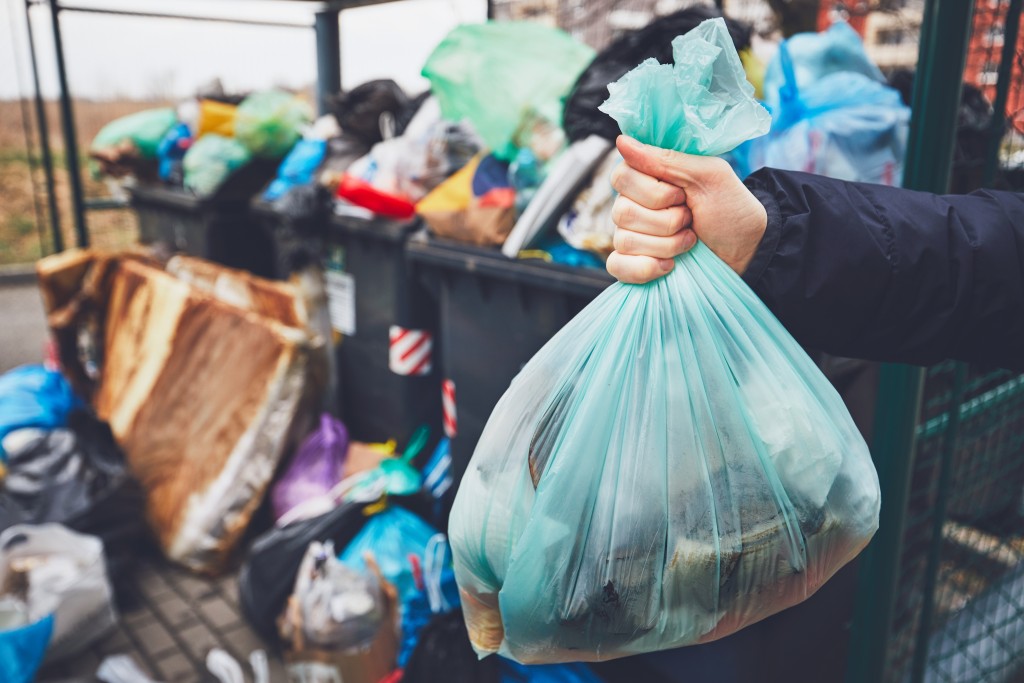Currently, we produce a total of 2.01 billion tons of waste annually. It is a well-known fact that this amount of trash can be hazardous to our lives and the planet. It is also predicted that global waste is expected to grow to 3.4 billion tons by 2050. Hence, it is essential to start living a zero-waste lifestyle to reduce your ecological footprint and save our planet. You can do this in multiple ways. Here are some of the best ways to lead a zero-waste lifestyle.
Say no to plastic packaging
Plastic contributes to a considerable amount of global waste. A recent study shows that around 91% of plastic across the globe doesn’t even get recycled. Hence, it will help if you reduce the use of plastic. But, since plastic is a common component in several products, it will help if you say no to plastic packaging. If you do have to use packaging, take help from eco-friendly packaging suppliers.
Compost organic waste
Composting will not only reduce the waste but also improve the environment around your house. If you have a small garden area in your home, you can also use the composted manure as a fertilizer. All you need is 3 ft of space in the backyard, and you will be good to go. But, if you don’t have a compost pile of yourself, look if the municipal corporation in your locality provides one. You can compost all organic waste including, fruit & vegetable leftovers, food, tea bags, houseplants, eggshells, and more.
Try vermicomposting
Vermicomposting is just an alternative to regular composting. In vermicomposting, you will use red wiggler worms who will act as catalysts to speed up the process. This will also be a good option if you are worried about accumulating a compost pile and the smell in your backyard.
Reuse and recycle
Reusing and recycling are the two crucial pillars of reducing waste. Reuse everything for optimal usage, and recycle anything that you can. For instance, you can recycle plastic, glass, aluminum & tin cans, and paper.
Eliminate paper products
You will be using various disposable paper products, and it is good to use disposable items. But what is even better to avoid them and look for a long-term alternative. For example, you can switch from using paper towels to cloth. This will not only reduce waste but also save you some money in the long-term.
Segregate your waste

There are different types of wastes, including paper, glass, plastic, metal, organic, and electronic. But, if you dump all your trash in a single bin, it will become hard for the municipality workers to segregate them. Not only that, but it will also reduce the recycling rate. Suppose you find it difficult to segregate all types of waste, separate recyclable, food & kitchen, and garden waste apart.
Reduce food wastage
Although food and meal leftovers are easily degradable and compostable, it is better to avoid food wastage. Plan your meal, and it will help you save money and reduce waste.
Avoid using styrofoam
Styrofoam is a toxic substance used to manufacture single food servings containers. Instead, you can buy a large container and divide them into smaller ones to avoid excess use of styrofoam.
Use and sell secondhand items
This is again a part of reuse and recycle. Instead of merely throwing useless products, try to find and sell them to someone who needs that product. Also, use second-hand items, especially if you are buying them for temporary use.
By leading a zero-waste lifestyle, you will do a favor to yourself and the world. However, you won’t get there in a single day. It will undoubtedly take time, and you might think of quitting in the middle. But keep following the tips mentioned above and try to live a zero-waste lifestyle.
